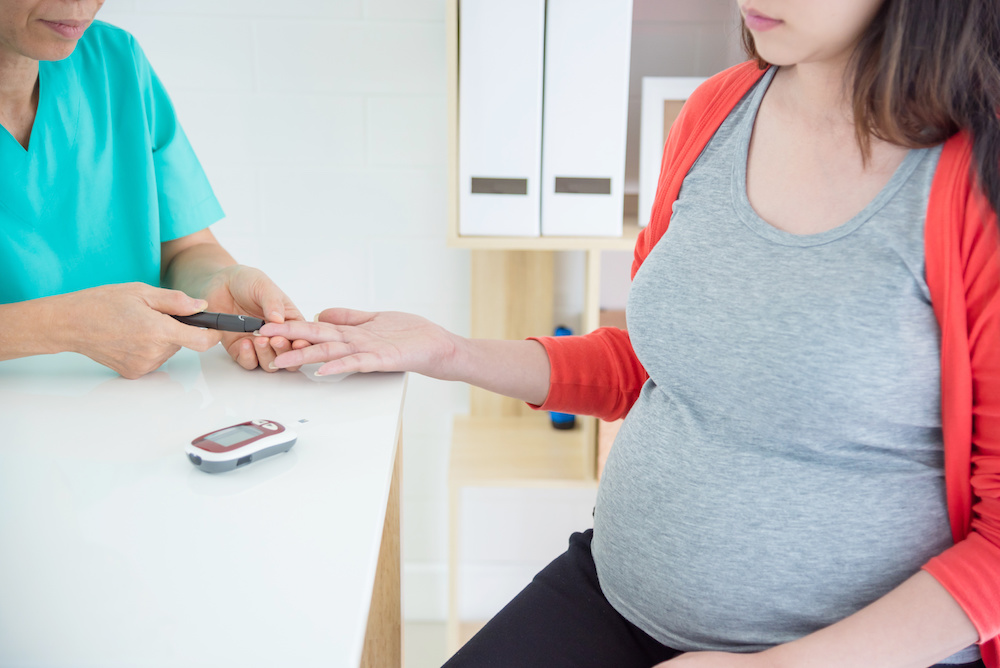What is the glucose screening test during pregnancy?
The glucose screening test, which is performed around the 24th to 28th week mark of your pregnancy, measures levels of sugar (glucose) in your blood. Although you are not required to take this test, it is recommended by The American Congress of Obstetricians and Gynecologists, as high levels of glucose in your blood could indicate a more serious condition. A glucose screening test consists of
- Drinking a special glucose solution
- Getting blood drawn one hour late
Why take the glucose screening test during pregnancy?
Abnormal glucose levels could indicate that you may have gestational diabetes, a type of diabetes that only occurs during pregnancy. The one-hour glucose screening test is considered is considered to be just that: a screening. If the results come back positive you will be asked to take a three-hour test that includes fasting. This three-hour test, known as a glucose tolerance test, performs best if you alter your diet prior to the test date. Your doctor’s office will handle scheduling this next test and providing you with guidelines on what you can eat beforehand.
Diabetes generally is diagnosed during the second half of pregnancies and goes away after delivery, but can affect both you and your baby. In some cases, underlying difficulties with how your body handles glucose may be detected at your first prenatal appointment. This is particularly true for women with risk factors such as prior gestational diabetes, a history of a large infant, a higher than average body weight, or a family history of diabetes.
Some of the effects of gestational diabetes include:
- An increased risk of pre-eclampsia, a type of high blood pressure that comes on during pregnancy that is considered very serious and can lead to early delivery
- An increased risk of cesarean section because moms diagnosed with gestational diabetes often delivers larger babies.
- Higher birthweight infants
It is important to note that some women can receive false positives, which could require additional testing to make sure there are not any issues.
This test, along with others, is recommended by physicians in order to keep you and your baby safe from pregnancy all the way to delivery. If you have questions or concerns, you should always feel comfortable to discuss them with your doctor.
- http://www.brighamandwomens.org/Departments_and_Services/medicine/services/endocrine/gestational-diabetes-managing-risk-during-and-after-pregnancy-transcript.aspx
- http://www.brighamandwomens.org/Departments_and_Services/medicine/services/endocrine/gestational-diabetes-managing-risk-during-and-after-pregnancy-transcript.aspx
- http://www.brighamandwomens.org/Departments_and_Services/medicine/services/endocrine/gestational-diabetes-managing-risk-during-and-after-pregnancy-transcript.aspx
Louise E. Wilkins-Haug, MD, PhD, is the Division Director of Maternal Fetal Medicine and Reproductive Genetics at Brigham and Women’s Hospital
Sarah Elizabeth Little, MD, MPH, is a Maternal-Fetal Medicine specialist in the Department of Obstetrics and Gynecology at Brigham and Women’s Hospital.
